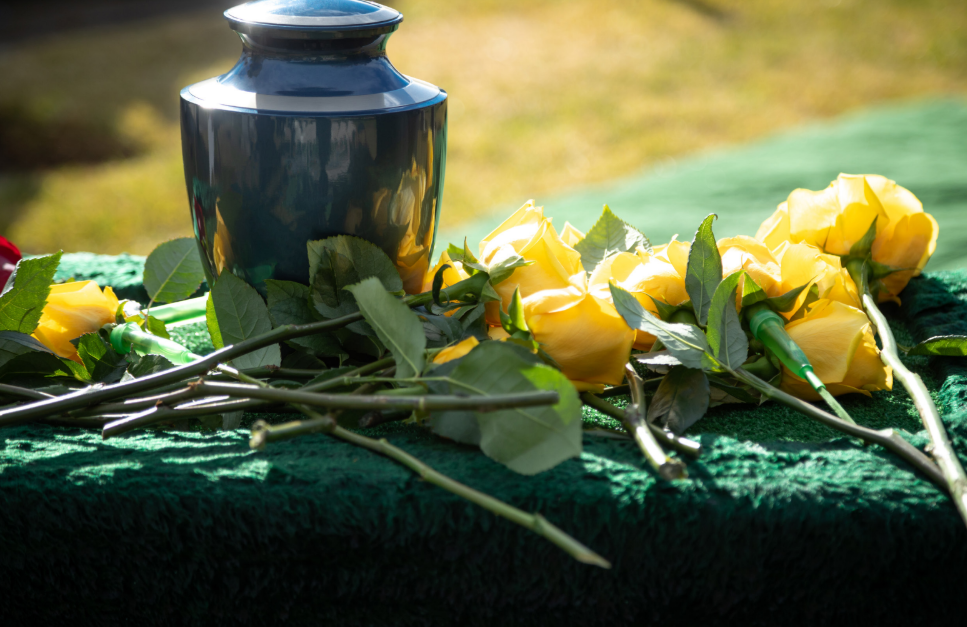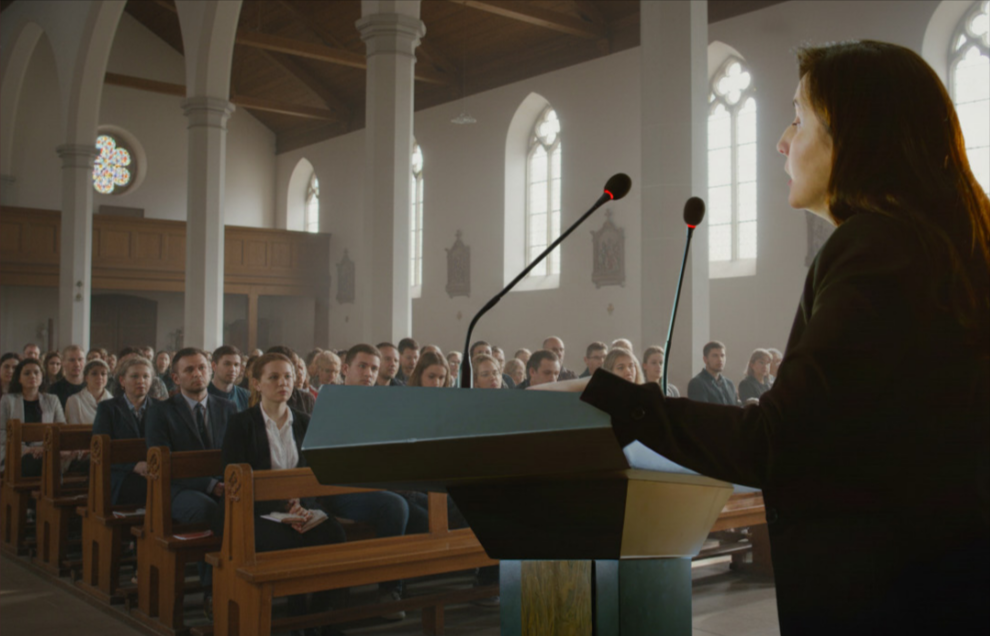Everything You Need to Know About Cremation: A Decision Guide

Why Cremation Has Become a Popular Choice
Cremation has grown from a rare practice to the preferred option for most Americans, now chosen by over 60% of families. Its appeal lies in flexibility, affordability, and diverse memorialization possibilities. Understanding the process and options helps families make informed decisions during a difficult time.
What to Expect and Key Considerations
The cremation process involves reducing the body to bone fragments through high heat, followed by processing into fine remains. Families can choose from several service types-traditional funeral with cremation, memorial service, or direct cremation for simplicity. Legal requirements include authorization forms, waiting periods, and compliance with state regulations. Costs vary widely, from $800 for direct cremation to $10,000 for full services. Eco-friendly alternatives like alkaline hydrolysis and biodegradable urns are emerging for those concerned about environmental impact.
Honoring a Loved One in Meaningful Ways
Cremation offers countless memorial options: scattering ashes in special locations, placing them in columbariums, creating memorial jewelry, glass art, or even living tributes like trees. Families can personalize tributes through celebrations of life, keepsakes, or charitable contributions. Pre-planning ensures wishes are honored and relieves loved ones of stressful decisions. Ultimately, cremation provides flexibility to create a memorial that reflects individuality and offers comfort for years to come.
Read the full 13-page article. FREE Download for your convenience.
Click the button below.




